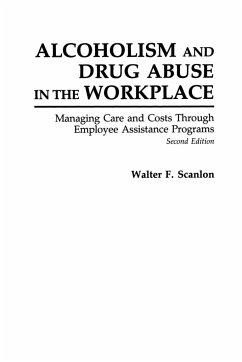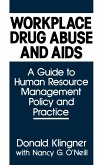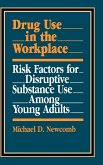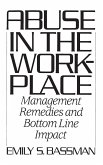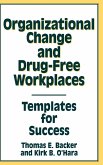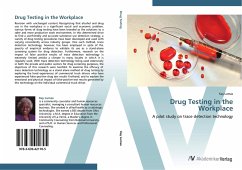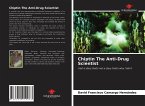Focusing on strategic management intervention designed to help employees whose job performance has deteriorated because of alcohol and drug dependency, Scanlon describes employee assistance programs (EAPs) which provide training and consultation services for management and act as a resource when an employee problem has been identified. The EAP objective is to reduce the incidence of chemical related problems and the costs associated with them. There are over 20,000 EAP programs in operation nationally. This book places the issue of intervention or employee termination in its proper perspective.
Deteriorating job performance resulting from alcohol and drug dependency requires special handling and specific skills. Developing these skills and learning what to do with them are not difficult tasks. Employee assistance program professionals provide such training for key personnel. Focusing on strategic intervention designed to help employees with personal problems that interfere with job performance, Walter Scanlon describes the functions and benefits of employee assistance programs (EAPs), discusses their training and consultation objectives, and shows how EAPs effectively identify and address such problems. An important EAP goal is to reduce both the incidence of alcohol- and drug-related problems and the costs associated with them. EAPs target employees whose work performance has deteriorated because of chemical dependency or other personal problems. Scanlon has divided his discussion of EAPs into seven workable segments: the concept of EAP; EAP history; the history of drug and alcohol use; current drug and alcohol use in the United States; the legal, corporate, societal, and individual influences on rehabilitation and EAP; governmental influences including the Drug Free Workplace Act and mandatory drug screening; and cost considerations, including the trend toward managed health care.
Deteriorating job performance resulting from alcohol and drug dependency requires special handling and specific skills. Developing these skills and learning what to do with them are not difficult tasks. Employee assistance program professionals provide such training for key personnel. Focusing on strategic intervention designed to help employees with personal problems that interfere with job performance, Walter Scanlon describes the functions and benefits of employee assistance programs (EAPs), discusses their training and consultation objectives, and shows how EAPs effectively identify and address such problems. An important EAP goal is to reduce both the incidence of alcohol- and drug-related problems and the costs associated with them. EAPs target employees whose work performance has deteriorated because of chemical dependency or other personal problems. Scanlon has divided his discussion of EAPs into seven workable segments: the concept of EAP; EAP history; the history of drug and alcohol use; current drug and alcohol use in the United States; the legal, corporate, societal, and individual influences on rehabilitation and EAP; governmental influences including the Drug Free Workplace Act and mandatory drug screening; and cost considerations, including the trend toward managed health care.

